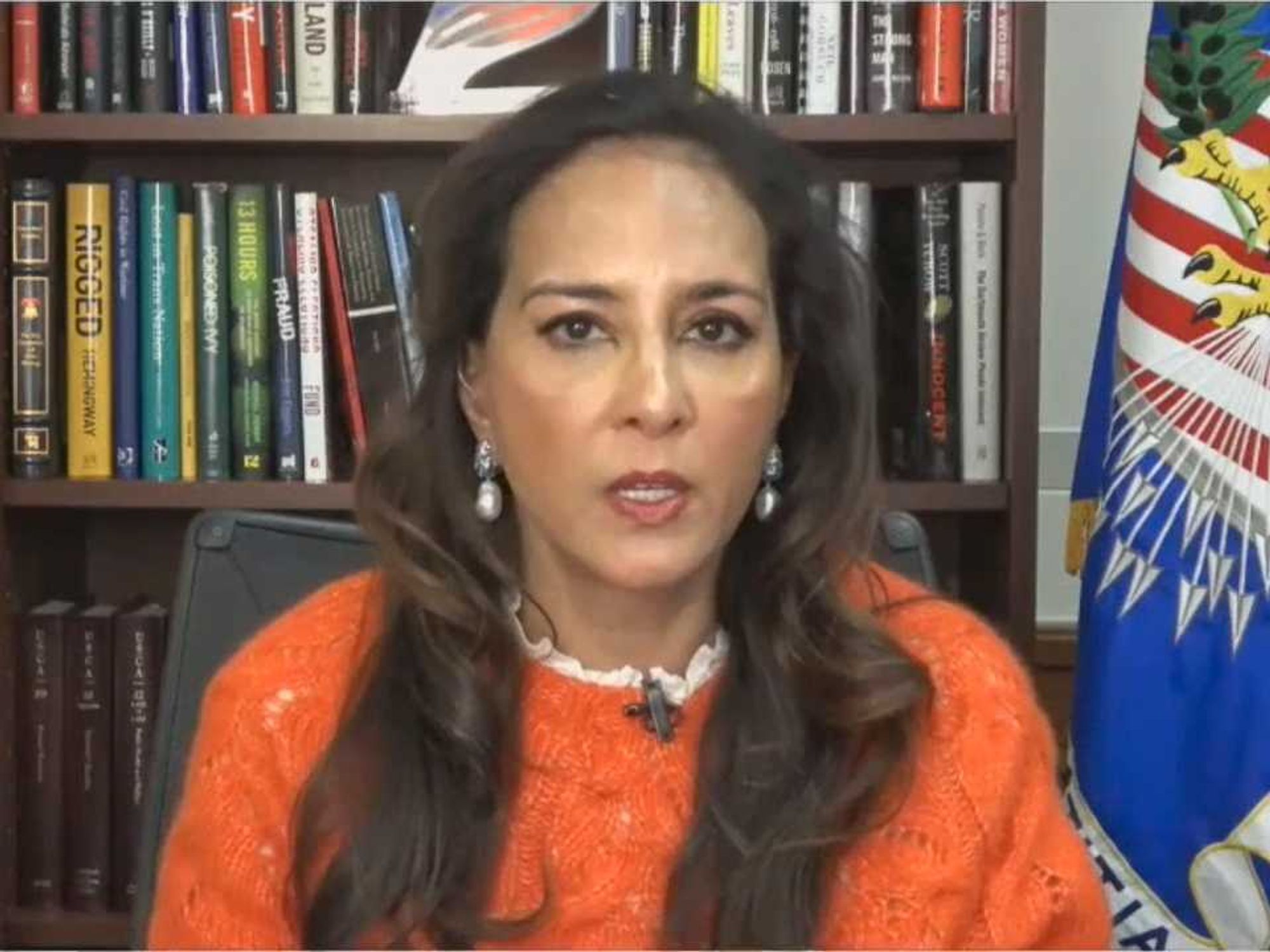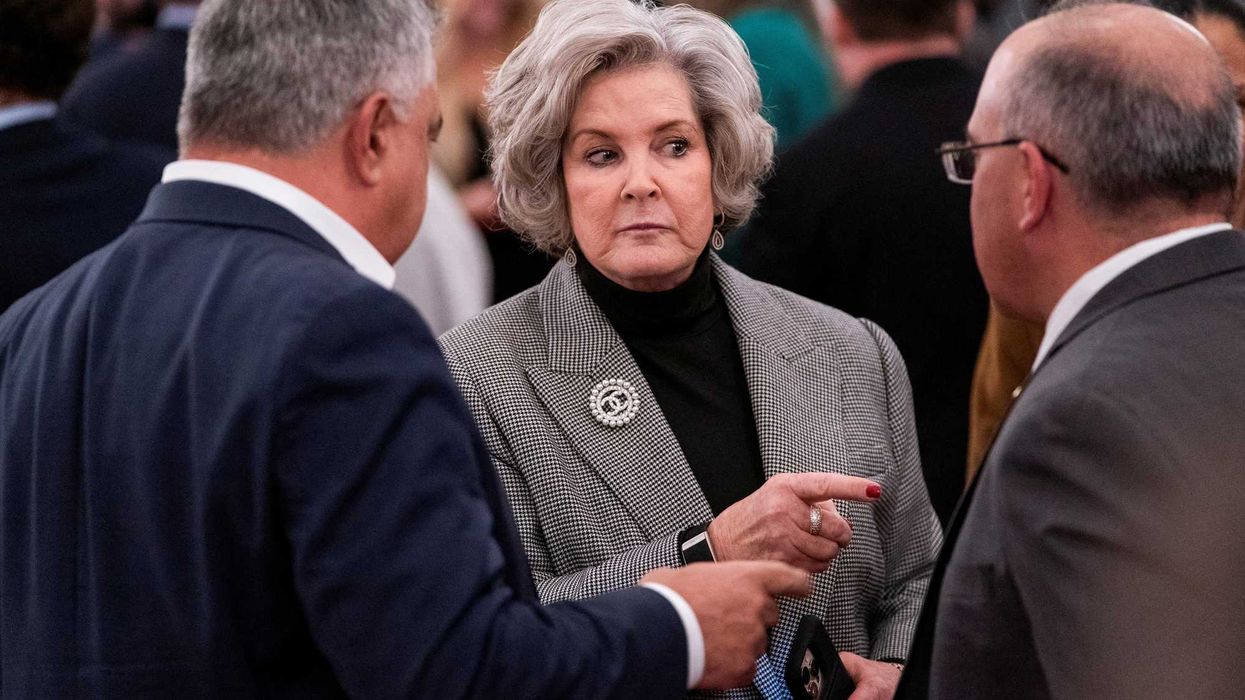We now have the official lineup for the special election on April 30 in NY26. State Senator Tim Kennedy is the candidate of the Democratic and Working Families parties. West Seneca Town Supervisor Gary Dickson carries the banner of the Republican and Conservative parties. The special election will be run in the district boundaries drawn by the court-appointed special master in 2022. The Independent Redistricting Commission’s new lines will likely soon be tweaked by the state Legislature to serve as the new districts for the primary and general elections later this year.
If there was to be an independent candidate in the special election, time has expired. The first day for circulating independent petitions was February 12, the date when Governor Kathy Hochul called the election. The last date to file the petitions was February 26, meaning that an independent candidate had two weeks to gather a minimum of 3,500 valid signatures. By contrast, it only takes 1,250 valid signatures to qualify for the primary election on June 25. Ah, the New York State Election Law!
Both Kennedy and Dickson have public records of their electoral service. Kennedy was a county legislator for six years and is now in his 14th year as a state Senator. Dickson has been the supervisor since 2020. Their work in those offices is defined by local and state issues. The race for Congress involves a much wider federal perspective.
Voters in NY26 in the special, primary, and general elections will be concerned about how the candidates stand on such issues as the Russian threat; continued support for NATO; aid to Ukraine and Israel; humanitarian issues in Gaza; border security; abortion; taxes; and many more topics. Dickson, as a member of the party that is now controlled by Donald Trump, will have the added responsibility of telling us whether he believes Joe Biden was legitimately elected president in 2020 and whether he has any doubts that this year’s elections will be conducted in a free and fair manner.
We will get a compressed version of the candidates’ views over the next two months and then a longer perspective through November 5. It should be interesting.
Kennedy’s money
Tim Kennedy has been raising money for his congressional race since late November. Gary Dickson is basically starting from scratch. Kennedy filed a campaign financial report with the Federal Election Commission (FEC) at the end of January, detailing his finances through December 31. The next report for Kennedy and the first for Dickson will be due on April 18 for transactions up until April 10. Any contribution of $1,000 or more received between April 11 and April 27 must be reported to the FEC within 48 hours.
At this point, therefore, we can only take a detailed look at Kennedy’s finances. We will be able to report on both candidates in April.
Here is a quick summary of how Kennedy’s money was raised thus far:
- The FEC reported that Kennedy’s total contributions were $744,903 through December 31st.
- The filing stated that $665,550 of that total came from itemized individual contributions. More than 200 of the donations itemized by the FEC in that filing list the source of funds as ActBlue, the organization used by many Democrats throughout the country to raise money. The FEC informs me that donations that are listed as ActBlue contributions “are received and forwarded by a conduit from the original contributors to the recipient committee,” so the filing in effect reports some of the donations twice.
- Transferring the contribution data from the January 31st report to a spreadsheet shows a total of 326 individual itemized donations. That’s an average of $2,042 per contribution.
- Donors include many prominent local businesspeople, lawyers, and other professionals as well as donors from elsewhere in New York and a few other states.
- Here are a couple of Kennedy’s more interesting donors: John Catsimatidis, a wealthy New York businessman who has mainly donated to Democrats but was a Republican candidate for mayor of New York City in 2013, gave $6,600. Former Governor Eliot Spitzer contributed $3,300.
- The detailed report of Kennedy’s collection of funds also shows $65,900 from other committees including PACs affiliated with seven business organizations (contributing $23,000) and eight labor unions ($37,500).
- Forty-eight percent of the individual donations were for the maximum contribution for one federal election, $3,300. Since there will be a special election, a potential primary, and a general election, a donor could give three times the $3,300. Many of Kennedy’s donors have already made two contributions, one for the primary and another for the general election.
- Approximately $430,000 of the funds received thus far were for the primary election, with more than $230,000 raised for the general election.
Kennedy reported spending $32,902 during the approximately six weeks between when his FEC committee was created and the end of December. The largest expenditure by vendor was to ActBlue which was paid $17,807.
The amount of money raised by Kennedy for Congress in a six-week period at the end of 2023 is incredible. It undoubtedly dwarfs the fourth quarter reports of many sitting members of Congress. Kennedy at this point is just a candidate for the House in NY26.
Money does not tell the full story about a campaign. With the volatile political climate we are operating in, issues, advertising, and the national standing of parties supporting congressional candidates might sometimes override a candidate’s finances. It certainly does not hurt, however, to have a large campaign war chest to work with. We’ll soon see how that all plays out in NY26. Round one, the special election, is just nine weeks away.
X/Twitter @kenkruly
Threads kenkruly




